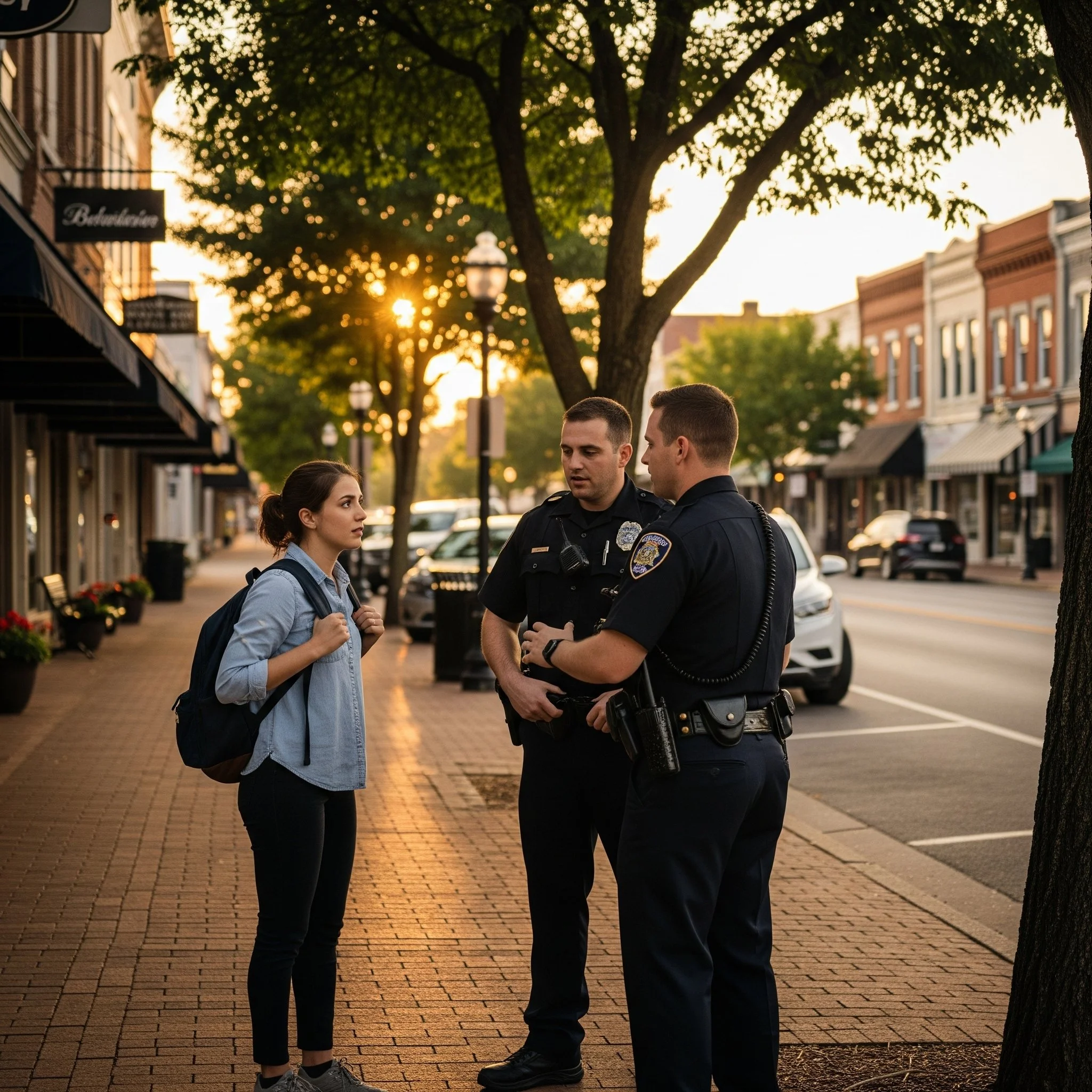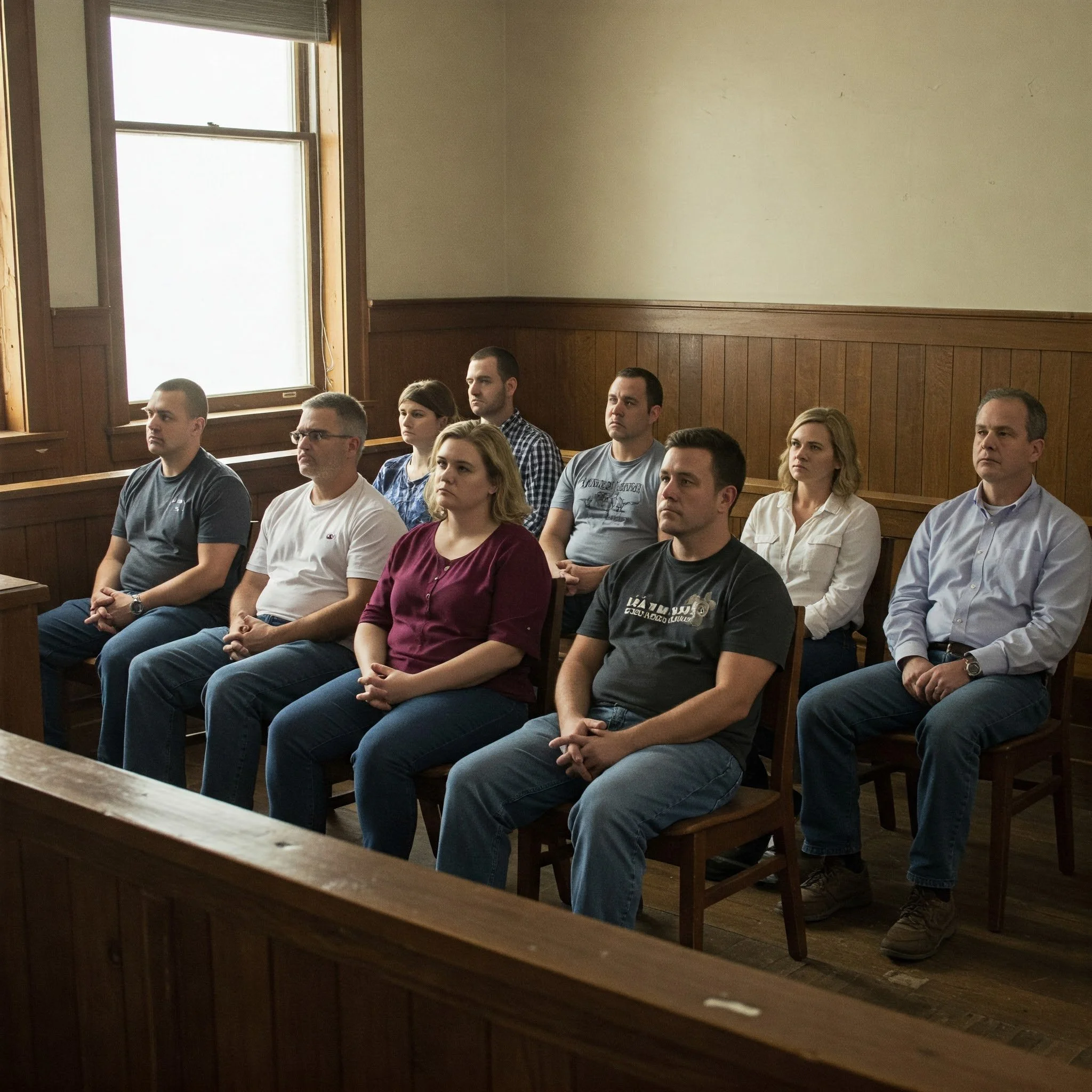Video Conferencing in the Courtroom
The Oklahoma Legislature has recently taken a big step, with a new statute that allows videoconferencing technology to be used in the Oklahoma District Courts for hearings up to, during, and after trial in both civil and criminal cases. Prior to this, it was unlawful for videoconferencing to be used in the District Courts of Oklahoma. There are several minimum requirements; here are a few:
Everyone who is directly involved, i.e. the attorneys, witnesses, judge, defendant, court reporter, and interpreter, can see and be seen and hear and be heard.
Participants shall be able to see, hear, and communicate with each other simultaneously;
Participants shall be able to see, hear, and otherwise observe any physical evidence or exhibit presented;
Video and sound quality shall be adequate to allow participants to observe demeanor and nonverbal communications and to clearly hear what is taking place to the same extent as if they were present in the courtroom;
The location from which the trial judge is presiding shall be accessible to the public to the same extent as the proceeding would be if not conducted by videoconference;
When feasible, a party and the party's attorney should be allowed to communicate privately off the record by use of a private communication facility (cellphone, landline, facsimile, Skype, etc.) during the proceeding, or during a break. The court is not required to provide a private communication facility if none is available.
There are also some exceptions; here they are:
Situations where its use might create undue prejudice;
When a person is available, but simply does not wish to be in the courtroom;
Convenience vs the Value of the Testimony;
Whether its use would interfere with the full ability to cross-examine a witness;
In a circumstance where the gravity of being in the actual courtroom will impress upon the witness the importance of telling the truth;
Whether a physical liberty or other fundamental interest is at stake in the proceeding;
Whether the judge is comfortable with his or her ability to effectively control what is happening at the remote location;
Whether a distortion in the technology causes those present in the courtroom to reflect negatively upon the person at the remote location;
Whether use of the videoconferencing technology will diminish the integrity and fairness of a proceeding in a particular instance;
Whether the person proposed to appear by videoconferencing presents a significant security risk to transport and present personally in the courtroom;
The necessity of waivers and stipulations between the parties regarding the use of videoconferencing during a proceeding;
And anything else that the judge might think is relevant.
The party that wishes to use videoconferencing technology for the purpose of witness testimony must submit a motion stating their intent at least thirty (30) days prior to the proceeding. Any party that objects to this must submit their objection in writing within ten (10) days of the filing of the original notice.
So, what are the advantages of using this new technology in the courtroom? The cost benefit is particularly relevant to those needing an interpreter or court reporter where none is available to be physically present, and the time, effort, and finances that would be required to get someone to be physically present would be restrictive. This is particularly true of poorly served and rural areas that lack the same resources as larger metropolitan areas.
However, there is no rule stating that courts must employ this new technology, and since the initial cost to install the equipment and training would presumably be substantial, it is likely that the areas that are poorly served now, will not be able to afford the equipment that is necessary to meet the requirements set out in the statute. Furthermore, the statute does not specify who is supposed to pay for the installation and maintenance of the equipment. Is it the County Treasury? Is it the State? Is it the Court Fund?
So, when would the videoconferencing technology be most valuable? Obviously, when used for expert witness testimony. The ability to bring in the testimony of a nationally, or even internationally, renowned expert without having to pay travel costs would be an enormous cost savings for either side of a litigation. As mentioned above, the ability to bring in an interpreter for unique and specific languages and dialects, would also provide witnesses and defendants the ability to understand and be understood. This is not just important, but a Constitutional right.
What about the risks? Clearly, it is difficult to tell when someone is lying. Most people find it difficult to tell when they are face to face with someone. Seeing and hearing them over a video screen will only make that more difficult. Considering that a big part of a jury’s job is to determine the credibility and reliability of each witness, this knew technology leap could get in the way of justice. The level of personal separation videoconferencing technology provides has the potential to reduce the impact and gravity of the proceedings, creating an insulation or barrier to the stress and impact of a tough and vigorous cross-examination, harming the truth-finding process of witness confrontation. Furthermore, there are no security measures in place that would ensure that the remote location remains pristine and free from influence or bias that could taint witness testimony. It is feasible that a person could stand out of view of the camera and coaches a witness without the court’s knowledge.
Technology has invaded every part of our lives. It has increased the quantity of communication, but not necessarily the quality. There are efficiencies that would be created for the court system, but for each benefit there comes a possible risk. So, what stands in the way of this technology leap? The greatest barrier to this technological leap may be the fact that it requires financial and procedural investment, and the legal world tends to resist investment and resists procedural change even more.
Author: Lauren N. Stanley

